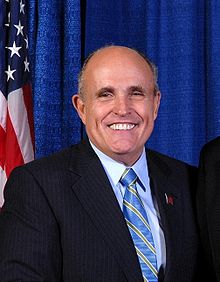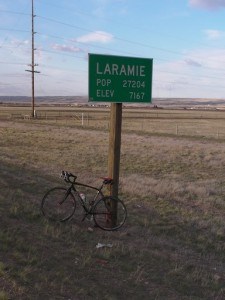 After declining formal hearings and conducting their own investigations, the states of Louisiana, Arizona, and West Virginia approved the merger of AT&T and T-Mobile after briefly reviewing documentation promoting the merger, mostly supplied by the companies themselves.
After declining formal hearings and conducting their own investigations, the states of Louisiana, Arizona, and West Virginia approved the merger of AT&T and T-Mobile after briefly reviewing documentation promoting the merger, mostly supplied by the companies themselves.
The most controversial approval came from the Louisiana Public Service Commission, overseen by Gov. Bobby Jindal. Jindal has strongly supported the merger, and his wife’s charity — the Supriya Jindal Foundation — receives substantial economic support from AT&T. The Commission voted 4-1 for the merger, citing “overriding support locally, as is evidence by the diverse number of groups and officials who are in support.”
More accurately, AT&T contributed to a diverse number of groups that soon sent letters to the FCC supporting the merger. Most notably, the Urban League of New Orleans, which touted the merger without disclosing the fact AT&T Louisiana president Sonia Perez is a member of the group’s governing board and their 2011 Annual Gala Chairperson.
In Arizona, AT&T won approval from state officials without any hearings, investigation, or much consideration, period. In fact, less than two weeks ago Arizona officials issued subpoenas to Sprint/Nextel, demanding documentation from them regarding their opposition to the merger.
 West Virginia’s Public Service Commission also gave a cursory review to the merger, quickly deciding it posed little impact on the state, since T-Mobile has ignored West Virginia all along, owning just three cellular towers and equipment on 27 others in the state. T-Mobile also has no West Virginian employees.
West Virginia’s Public Service Commission also gave a cursory review to the merger, quickly deciding it posed little impact on the state, since T-Mobile has ignored West Virginia all along, owning just three cellular towers and equipment on 27 others in the state. T-Mobile also has no West Virginian employees.
State officials believe AT&T’s promise to deliver 4G upgrades inside West Virginia if the merger deal is approved. But since T-Mobile has no presence in the state, the company’s argument of combining forces for better service doesn’t make much sense.
The PSC relied heavily on Attorney General Darrell McGraw’s pronouncement that the merger would not harm wireless competition in the Mountain State. Besides, if it did, federal authorities would stop it.
 “Any possible implications from this transaction on competition nationwide will be considered by federal authorities,” the PSC wrote.
“Any possible implications from this transaction on competition nationwide will be considered by federal authorities,” the PSC wrote.
West Virginia officials denied requests for a hearing before making their decision.
Attorneys General from 11 states not well-known for strong consumer protection have signed letters encouraging the approval of the merger. Among them: Alabama, Arkansas, Georgia, Kentucky, Michigan, Mississippi, North Dakota, South Dakota, Utah, West Virginia, and Wyoming.
Attorneys General in New York, California, and Hawaii are taking a much closer, and some say more critical look at the merger. At the lead is New York’s Eric Schneiderman:
“Cell phones are no longer a luxury for a few among us, but a basic necessity. The last thing New Yorkers need during these difficult economic times is to see cell phone prices rise,” said Schneiderman. “Affordable wireless service and technology, including smart phones and next generation handheld devices, are the bridge to the digital broadband future. We want to ensure all New Yorkers benefit from these important innovations that improve lives.”
Attorney General Schneiderman stressed that some market conditions may differ across the state and highlighted the potential impact of the merger in areas like Rochester, Albany, Buffalo and Syracuse, where there are already fewer wireless options. He is also concerned about the impact on consumers throughout the state, where T-Mobile is a low-cost option.


 Subscribe
Subscribe








